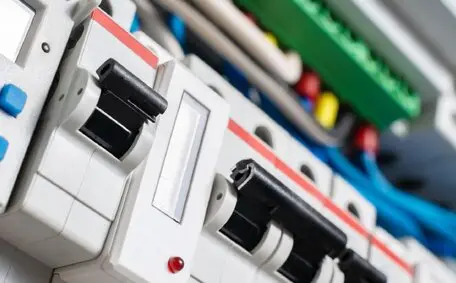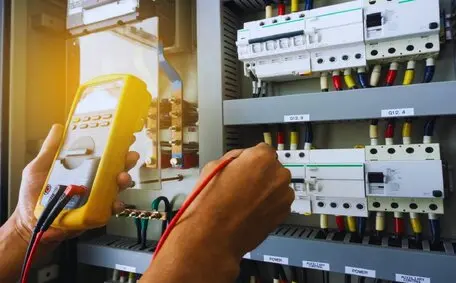
How Often Should I Have My Electrical Systems Inspected?
Discover the crucial reasons behind regular electrical system inspections and the recommended frequency. Ensure the safety of your home with expert guidance.
Read More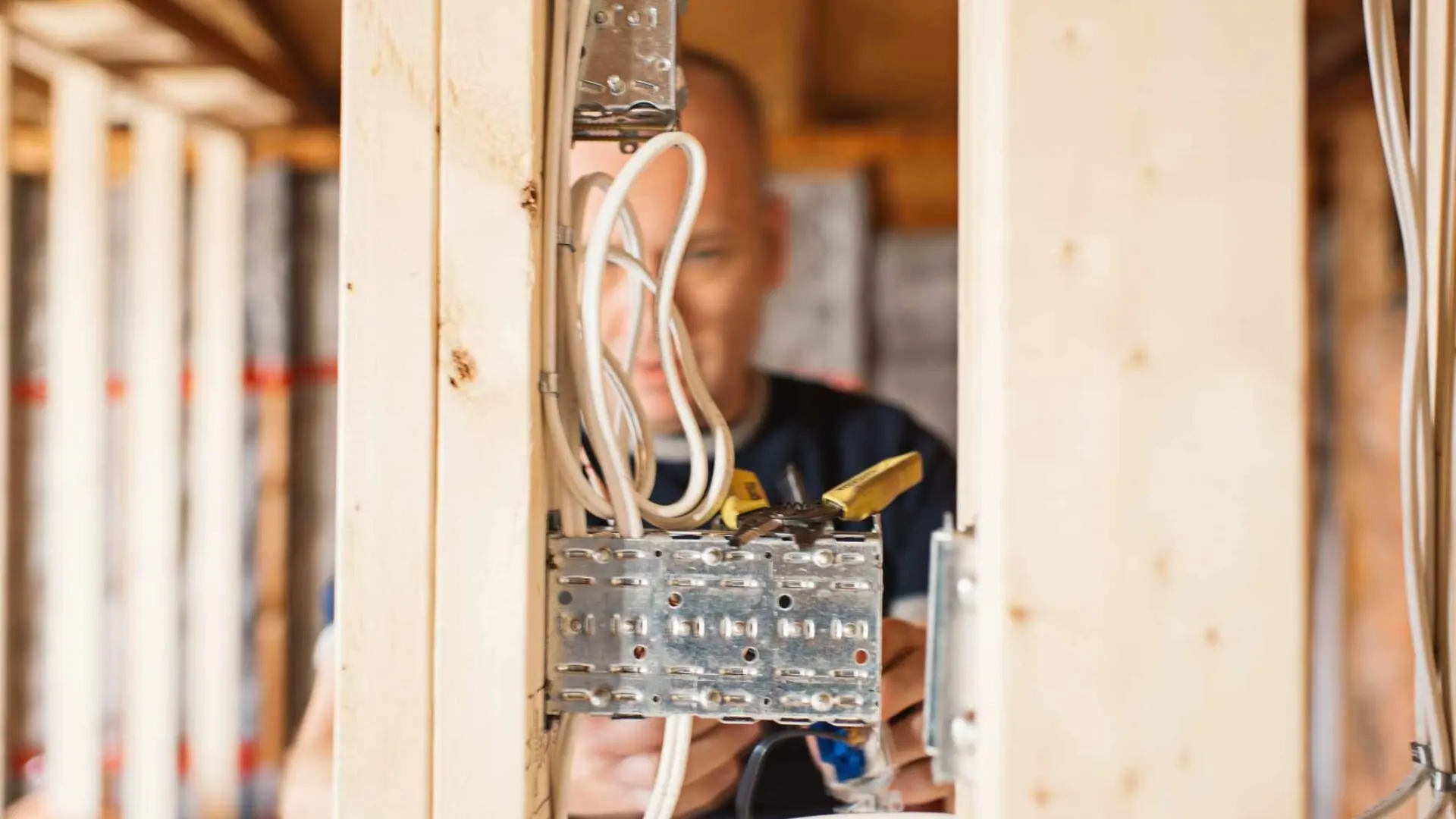
As any electrician knows, electrical work inspections and testing are crucialto ensuring safety and code compliance. Whether it’s a new residential installation, a remodel project, or commercial work, certain stages of the process require inspection by authorities.
During these inspections, it’s essential for electricians to show that their work aligns with required electrical codes and standards. Inspectors typically check the types of wires, installation methods, and how grounding and bonding are done. They also ensure circuits are terminated correctly. Key areas, such as panels and junctions, are scrutinised closely. Additionally, inspectors consider how accessible the installations are for future maintenance.
Electricians frequently carry out tests on their own work. These tests often include checking voltage levels, polarity, ground fault protection, and circuit continuity. High-voltage circuits need extra careful scrutiny before they’re energised. Sometimes, manufacturers might also inspect specific specialised tasks.
Electrician inspections ensure safety and code compliance for any electrical work. A project typically has several inspection points where an authority will review the electrician’s job.

For new construction or major renovation, a rough-in inspection is done after wires are run but before any walls or ceilings are closed. This allows the examination of boxes, wire paths and grounding. A service inspection approves the panel, metre base and main disconnect. Final inspections ensure all circuits work correctly and the system is ready.
Inspections aren’t just for new projects; they’re also crucial for maintenance, repairs, renovations, or retrofits in existing buildings. By identifying problems early on, inspections enable electricians to fix mistakes efficiently, ensuring the work complies with regulations. Getting through inspection is essential before a job can be approved and energised safely.
Electrical testing is immensely significant, as it confirms that all aspects of an installation are functioning as intended before being energised. A proper testing regime identifies any potential safety or operational issues that could arise over the life of a system.
Voltage readings, polarity, grounding integrity, and protection device functionality are all evaluated as critical factors. Due to the energy levels involved, high-voltage circuits demand extra diligent testing. Documenting test results provides historical records and a baseline if future faults are investigated.

It is crucial to confirm that all wiring is terminated securely and circuits are free of unintended connections or stray currents. Testing an electrician’s work thoroughly verifies that electricity will be distributed reliably without risk of issues like overloads, shorts, or ground faults, helping assure client safety and peace of mind for years to come.
Electrical inspections are required at various installation or retrofit project stages to ensure safety standards compliance. At a minimum, rigorous inspections are needed upon initial rough-in of wiring before concealment behind walls or ceilings.
Once devices are installed before energisation, a critical pre-use inspection signs off the work. Additional interim inspections may be necessary if the electrician’s job is piecemeal over an extended timeline. Periodic inspections of ongoing facility maintenance and repairs help confirm that established systems meet the code.
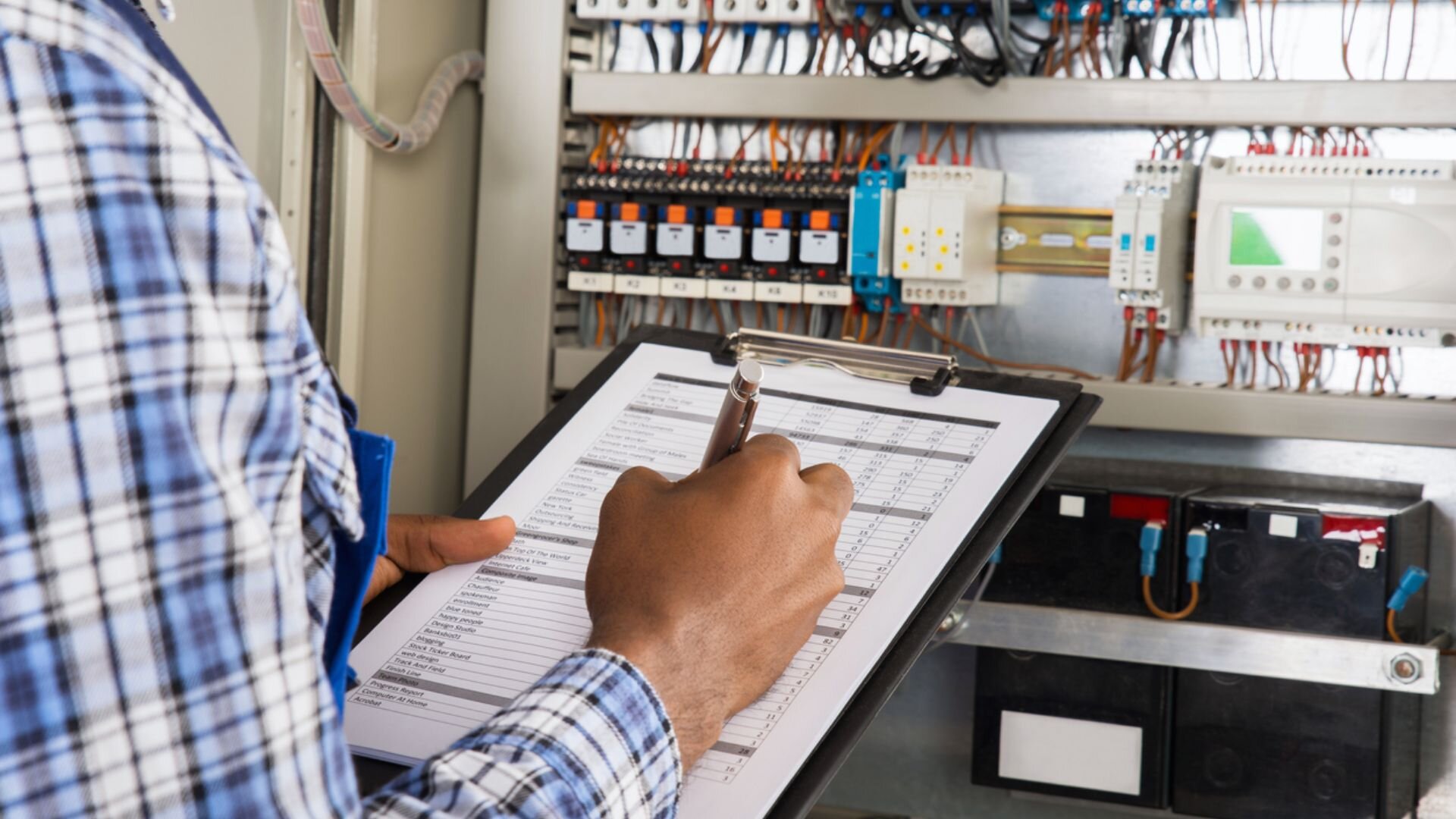
Even simple minor jobs like replacing switches warrant sign-off. In addition, significant renovations that alter the shape or capacity of a building almost always trigger a full re-inspection. The governing bodies understand electricity’s risks and inspect accordingly, increasing frequency based on project scale. Through diligent multi-point inspections, lives and property remain protected.
Commercial and residential electrical inspections vary in scope and focus due to differences in occupancy risks and system complexities.
Inspections of residential installations primarily ensure safety fundamentals—proper wire sizing, sufficient outlets, and functioning GFCI and AFCI devices. Applicable regulations aim to prevent mishaps at home.
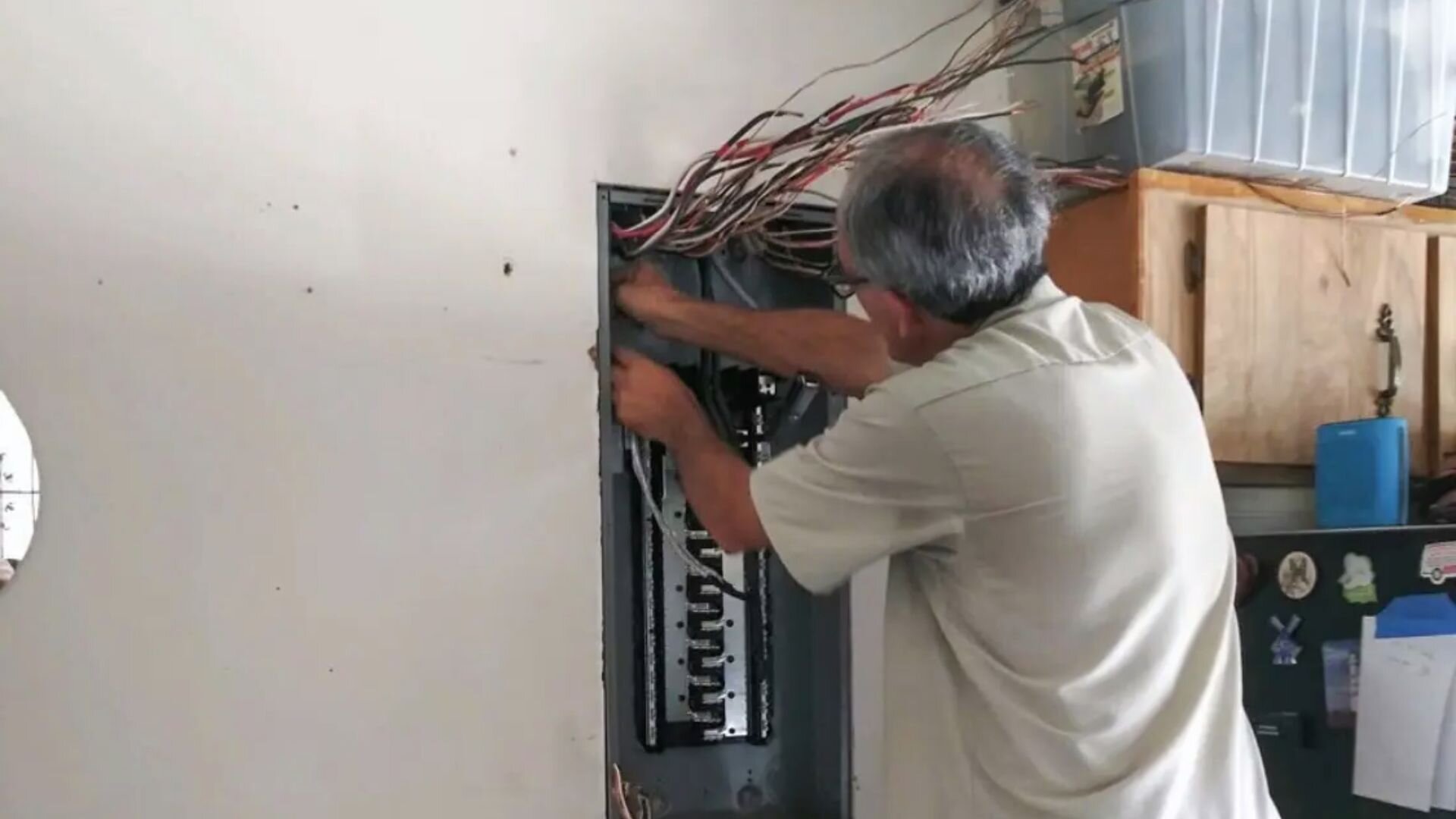
Commercial electrical systems demand more rigorous inspection. Wiring and components must withstand heavier loads, and fires could endanger many lives and businesses. Inspectors thoroughly check panel upgrades, emergency systems and equipment grounding. Specialised outlets and localised smoke detectors may be required.
High-intensity lighting, industrial processes and energy-intensive HVAC systems in commercial settings also trigger stricter energy code compliance reviews. Inspectors validate efficient equipment and controls.
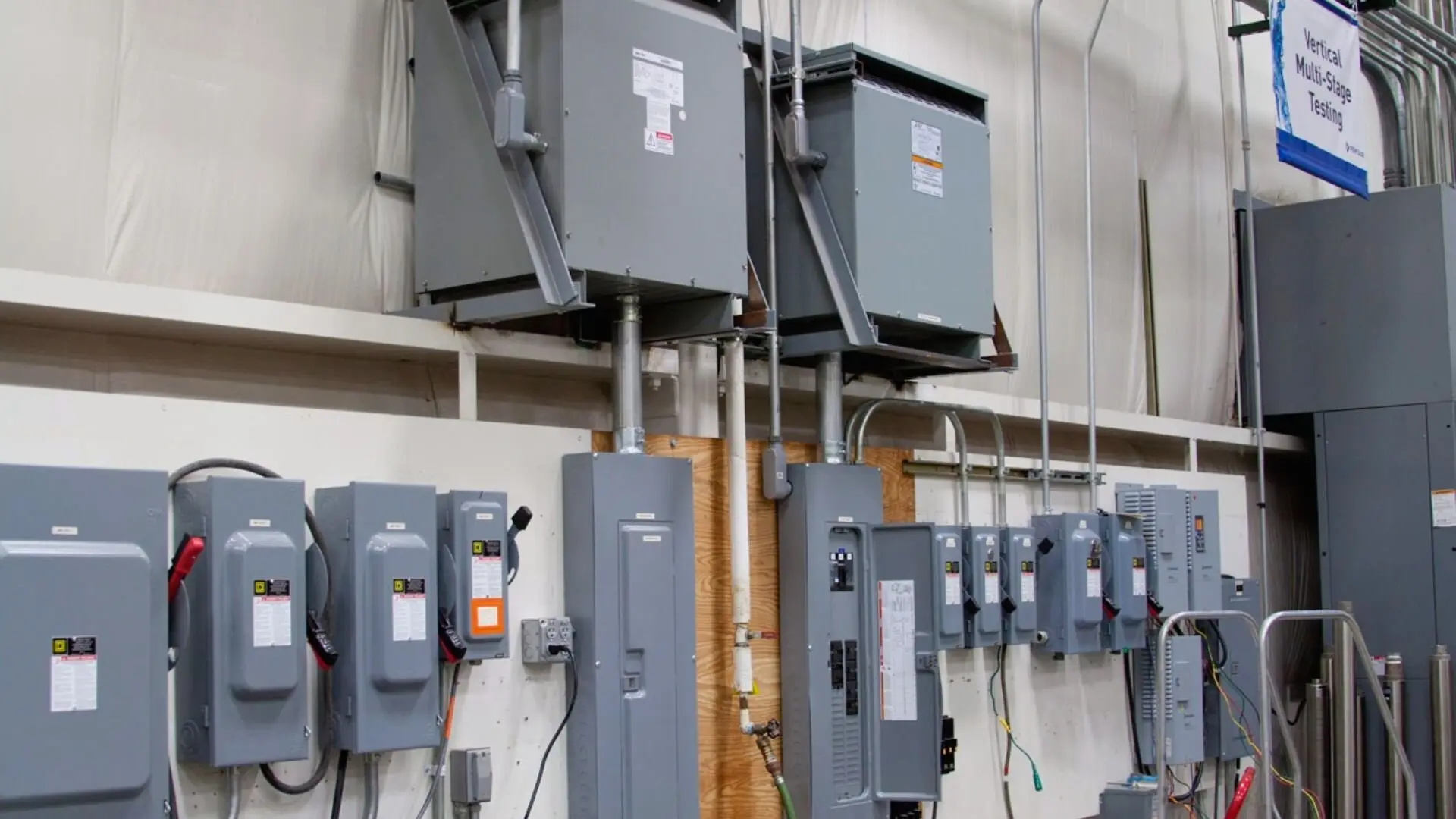
Features like emergency generator testing and specialised signage set apart commercial electrical standards. By taking into account occupant capacity and building construction, codes are shaped specifically for workplace environments. With a focus on how facilities are used, commercial electrical inspections aim to provide maximum protection for employees, customers, and the premises.
Electrical inspections aim to find and remedy issues before they cause safety problems. Some frequently identified concerns include:
If the wire types or sizes are wrong, it can cause overheating and, potentially, electrical fires. That’s why inspectors need to be sure the wires match the circuit’s voltage and load specifications.
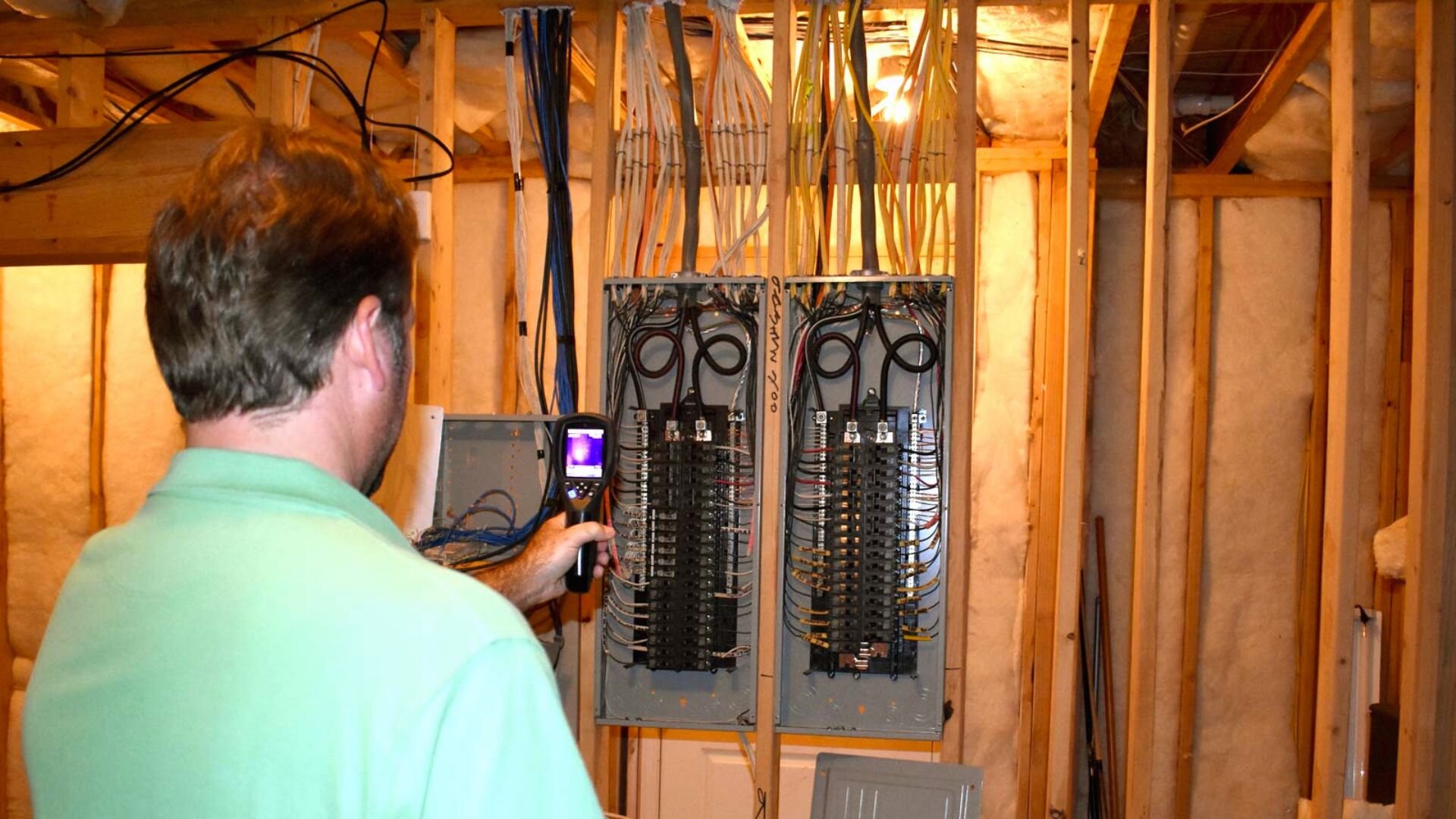
Grounding and bonding practices are another area where issues often surface. Correctly installing grounding electrodes and connections is vital for safe grounding functionality. Any disregard of grounding regulations poses a shock risk.
Incomplete circuitry, such as switch loops or receptacles not wired properly, creates hazardous hot spots. Inspectors ensure all circuit parts are installed with secure contacts according to diagrams.
Incorrect installation or placement of panels, junction boxes and other electrical equipment is also regularly cited. Clearances from plumbing adequate wall and ceiling space are mandated. Improper mounting can endanger accessibility for future work.
Before systems get powered up and used, electrical inspections serve an essential oversight role. They catch code violations early, allowing any issues to be fixed promptly.
Electrical inspections and testing are vital in ensuring safety and quality work. Bright Force Electrical, a licensed and fully insured electrical contractor, understands the importance of meeting code and passing inspections.
We take pride in rigorously inspecting and testing our work at all project stages before sign-off. We aim to deliver electrical systems and services that comply with regulations and operate reliably for years.
If you need residential or commercial electrical work, contact Bright Force Electrical. We would happily discuss your project needs and provide a written estimate. Our experienced electricians are ready to help with any inspection or testing requirements.
Did you enjoy reading our article “What Are Electrician Inspections And Testing?”? We have many related articles you may also be interested in reading, like the below:
Discover the crucial reasons behind regular electrical system inspections and the recommended frequency. Ensure the safety of your home with expert guidance.
Read MoreDiscover the most common electrical hazards found during home inspections and how they can impact safety. Ensure your home is hazard-free with these insights.
Read MoreSafety switches (GFCIs), are a crucial line of defence against electrical shock. But even the best safety devices need regular checks. This guide explains how often you should test your safety switches and how to perform a simple test to ensure they’re functioning correctly.
Read MoreWe will call back as soon as possible.

